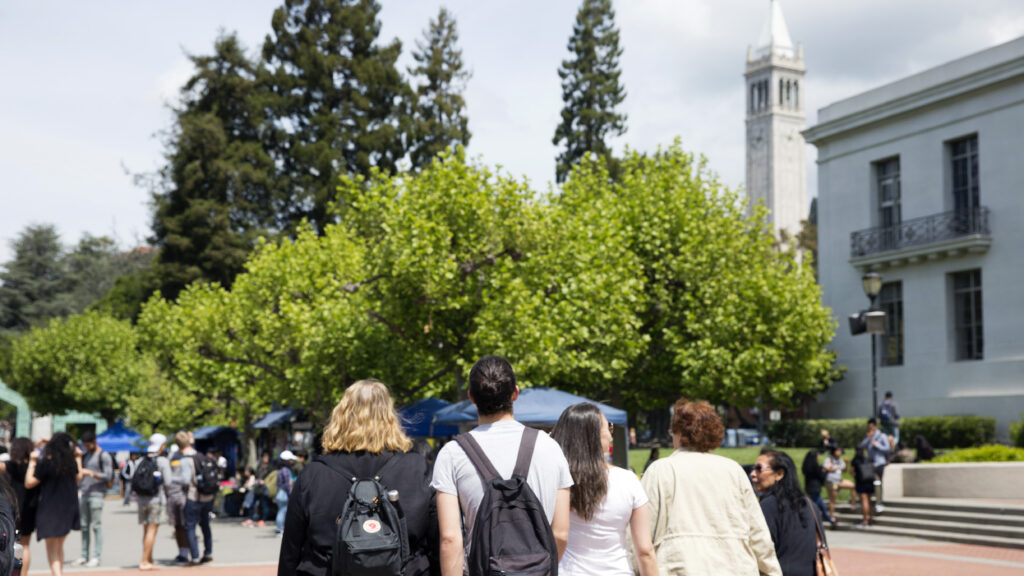Reflecting on the tenets that shape our educational practices is fundamental for …
Collegiate recovery programs provide crucial support for students struggling with addiction.
Carlos Changemaker


Upon entering the University of California, Irvine as an undergraduate, Patrick Acuña embarked on a fresh academic and social journey while in the process of recovering from methamphetamine and heroin addiction. For Acuña, maintaining his recovery is paramount, as he adamantly expresses, “doesn’t want to go back to what once was,” referring to his past struggles with active addiction and sleepless nights.
The prevalence of drinking, substance use, and other potentially risky behaviors across college campuses has created a concerning environment for individuals in recovery. This disconnection from healthier peers can lead to isolation and harm, especially since community support plays a pivotal role in recovery efforts. Coupled with the academic stress and additional financial obligations college brings, this environment heightens the risk of relapse for students.
On-campus collegiate recovery programs act as a crucial support system for helping students navigate the challenges they may face and are an essential part of the recovery process.
Regrettably, UC Irvine’s absence of a collegiate recovery program left Acuña without the support he could have benefitted from in coping with these hurdles. Presently, only six out of the 10 UC campuses have an established or developing collegiate recovery program, each with varying levels of staffing and services.
To rectify this disparity, collegiate recovery programs across the system must adhere to specific standards, including having at least one full-time staff member, providing a dedicated safe space, and securing institutional funding.
Sharing his experience, undergraduate student Trey Murray from UC Santa Barbara emphasized the critical role the collegiate recovery program played in his academic success and sobriety. Murray mentioned how the program provided him with a supportive environment on campus, fostering his integration and passion for student life.
Collegiate recovery programs offer a spectrum of resources, from substance-free social events to harm reduction supplies like fentanyl test strips and the overdose medication naloxone. Additionally, they provide educational programming, recovery housing, higher-level care referrals, and support groups led by peers who understand the challenges of maintaining sobriety amidst a college culture where substance use is prevalent.
These programs are essential for supporting students in recovery from various conditions such as substance abuse, behavioral addictions, and eating disorders. Data from the federal Substance Abuse and Mental Health Services Administration indicates that 1 in 7 people aged 18 to 25 meet the diagnostic criteria for a substance use disorder.
While Acuña navigated his recovery journey without a collegiate recovery program on his campus, he expressed the ongoing vigilance required to avoid relapse. The absence of key program elements like on-campus support groups, clinician connections, and a supportive peer community forced Acuña to seek off-campus resources and rely heavily on alternative forms of support.
Another student attending UC Santa Cruz credits the collegiate recovery program there for playing a vital role in their recovery journey through substance-free events, support groups, and communal experiences with peers who share similar struggles.
Recovery is a demanding process that often involves challenging long-standing coping mechanisms. Collegiate recovery programs offer significant on-campus support that positively impacts students’ academic outcomes. Studies show that these programs can lead to higher graduation rates and GPAs among their participants.
According to a master’s student at UCLA, Esse Pink, the collegiate recovery program at UCLA was instrumental in their success, stating that without it, their life could have taken a drastically different path.
•••
Aditi Hariharan is a third-year student at UC Davis, double-majoring in political science and nutrition science with a public health emphasis. In 2023-24, she held the role of ACQUIRE vice chair representing the UC Student Association.



